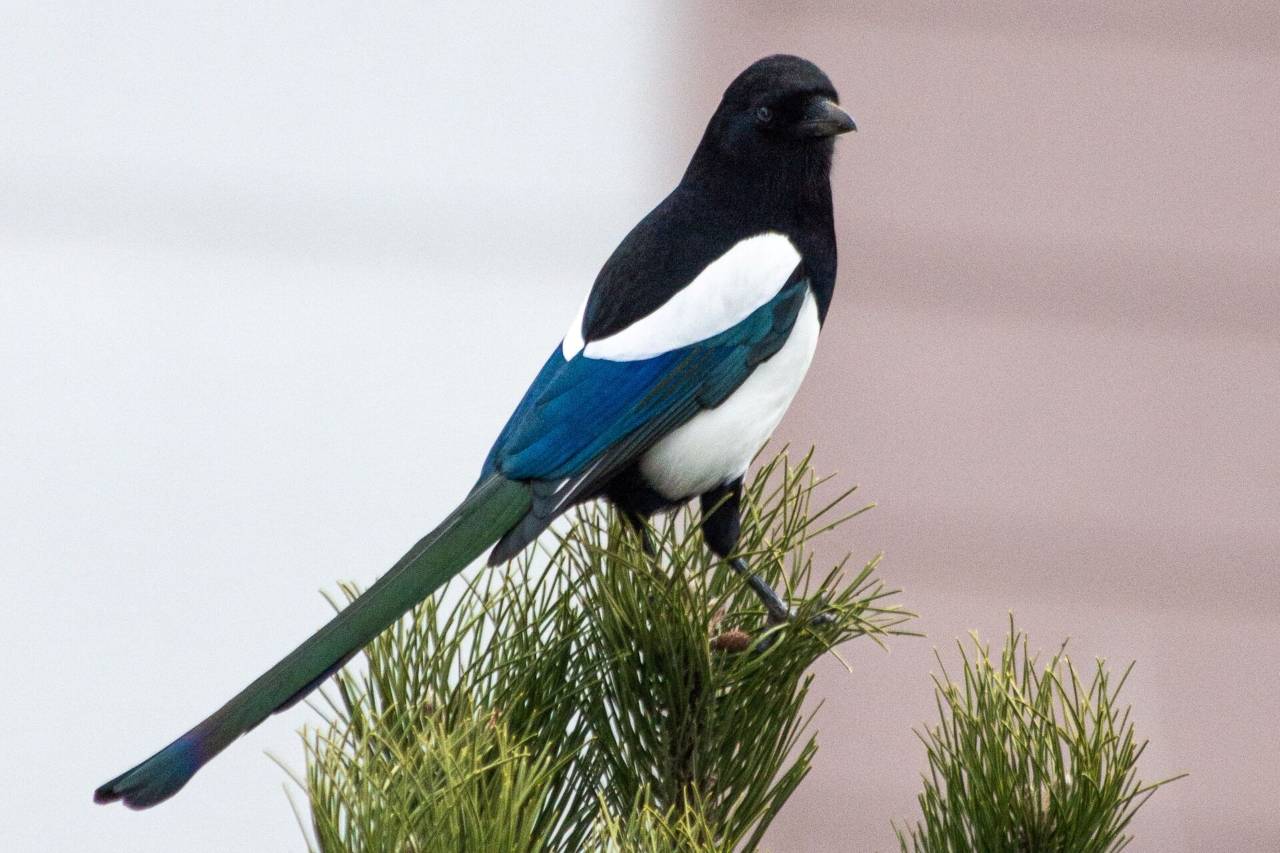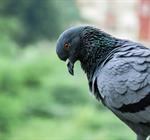
26 Nov 2024 | Apex Environmental Services (UK) Ltd
How to Effectively Get Rid of Magpies
Magpies can be beautiful birds to observe from afar, but when they start invading your garden, it's a different story. These clever corvids have a knack for causing mischief and mayhem, from attacking other birds to stealing shiny objects. If you're tired of dealing with pesky magpies, read on to learn effective strategies for deterring them humanely.
Why Magpies Can Be a Problem
Magpies are intelligent birds known for their bold and curious nature. While fascinating to watch, they can quickly become a nuisance when they take up residence in your outdoor space. Some common problems associated with magpies include:
- Attacking and killing smaller birds and raiding nests for eggs
- Stealing food meant for other wildlife or pets
- Making loud, raucous calls that disturb the peace
- Swooping at people during nesting season
- Taking shiny objects like jewelry or keys
When magpies settle in your garden, they can disrupt the delicate ecosystem and make it an unpleasant environment. That's why it's important to address the issue promptly and effectively.
Importance of Humane and Effective Deterrence
Before we dive into strategies for getting rid of magpies, it's crucial to emphasize the importance of using humane methods. Magpies are protected under the Wildlife and Countryside Act 1981, which means it's illegal to kill, injure or take them without a license. Not only is harming magpies unethical, but it's also unnecessary when there are plenty of effective deterrents that don't cause suffering.
The key is to make your garden less appealing to magpies while respecting their right to exist in the wild. By using a combination of deterrents and modifying the habitat, you can encourage magpies to find a more suitable home elsewhere.
Understanding Magpie Behavior
To effectively deter magpies, it helps to understand their behavior and what attracts them to your garden in the first place. By getting to know their habits and preferences, you can tailor your approach for maximum impact.
Magpie Habits and Patterns
Magpies are diurnal birds, meaning they are most active during the day. They are omnivorous and opportunistic, feeding on a wide range of foods including insects, small animals, seeds, fruit, and even carrion.
Magpies are also highly social birds that often live in loose groups. They are intelligent problem-solvers known for their ability to use tools and recognize themselves in mirrors. During breeding season, magpies can become territorial and aggressive as they fiercely protect their nests.
Why Magpies Are Attracted to Your Garden
There are several reasons why magpies might be drawn to your outdoor space:
- Abundant food sources like pet food, fallen fruit, or accessible rubbish bins
- Nesting sites in tall trees or dense shrubs
- Birdbaths or water features for drinking and bathing
- Shiny objects that catch their eye, like metal garden decor
- Lack of predators or deterrents to keep them away
Effective Strategies to Get Rid of Magpies

Now that you understand magpie behavior, let's explore some proven methods for deterring these clever birds from your garden. A multi-pronged approach using a variety of deterrents tends to be most effective.
Physical barriers can make it more difficult and less appealing for magpies to access your garden. Some options to consider include:
Bird Spikes
Installing bird spikes on ledges, fences, or other perching spots makes it uncomfortable for magpies to land and linger. Look for humane plastic or stainless steel spikes specifically designed for bird deterrence.
Netting
Covering vulnerable areas like fruit trees or vegetable gardens with effective anti bird netting can prevent magpies from accessing them. Choose a net with the appropriate mesh size and secure it tightly to avoid entanglement.
Decoys and Scare Devices
Visual deterrents like realistic owl decoys, reflective bird diverters, or holographic strips can startle and confuse magpies. Move decoys regularly so magpies don't get used to them.
Sound-Based Deterrents
Devices that emit alarming sounds can make magpies think twice about visiting your garden. Two main types are:
Ultrasonic Devices
These emit high-frequency sounds that are unpleasant for birds but inaudible to humans. Position ultrasonic devices near magpie problem areas and follow the manufacturer's instructions.
Noise Makers
Old-fashioned methods like wind chimes, clanging pots, or motion-activated sprinklers can startle magpies with sudden noises. Alternate devices to keep the sounds unpredictable.
Habitat Modification
Making your garden less magpie-friendly is a sustainable, long-term deterrence strategy. Here's how:
Removing Food Sources
Keep pet food indoors, secure rubbish bins, and avoid intentionally feeding magpies. If you have fruit trees, clean up fallen fruit promptly. You can also research homemade bird repellent recipes to apply to crops.
Pruning Trees and Shrubs
Magpies prefer nesting in dense foliage, so prune trees and shrubs to thin out the canopy. This makes your garden feel more exposed and less inviting. Regularly trim hedges and remove dead branches where magpies might perch.
Natural Predators and Companion Animals
Recruiting other animals to help deter magpies can be an effective, eco-friendly approach:
Encouraging Natural Predators
Install owl or raptor nesting boxes to attract magpie predators to the area. Be sure to research the ideal box specifications for your target species.
Using Pets
If you have an energetic dog that likes to chase birds, let it spend time in the garden. Cats can also deter magpies, but be mindful of their impact on other wildlife.
UK Laws on Magpie Deterrence
Before attempting to deter magpies, familiarize yourself with the relevant UK laws. As previously mentioned, magpies are protected under the Wildlife and Countryside Act 1981. This means it's illegal to:
- Kill, injure or take a magpie
- Damage or destroy a magpie nest while it's in use or being built
- Take or destroy a magpie egg
There are some exceptions for preserving public health or air safety, but these require a special license. In most cases, deterrence is the only legal option. If you're unsure about the laws in your area, check with your local wildlife authority before taking action.
Final Thoughts
Getting rid of magpies requires patience, persistence and a willingness to experiment. What works for one garden might not work for another, so don't get discouraged if your first attempts are unsuccessful. Keep trying different deterrents and techniques until you find the right combination for your situation.
Remember, the goal isn't to harm the magpies, but to convince them that your garden isn't the ideal hangout spot. With a little creativity and consistency, you can reclaim your outdoor space and restore the peace.


